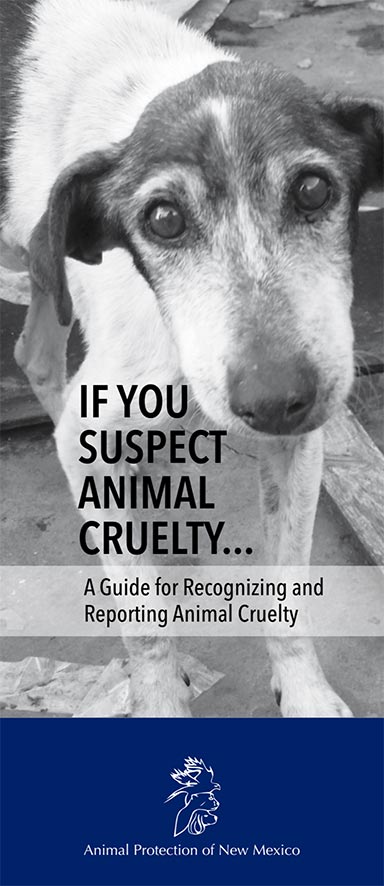In the quaint town of Beaver, Pennsylvania, where the rolling hills cradle close-knit communities and the spirit of neighborly connection thrives, there lies an urgent call to action for those who witness the suffering of animals. Much like the gentle ripples across the Beaver River, that pain can spread when left unaddressed. As vigilant stewards of animal welfare, it is paramount for concerned citizens to understand how to report incidents of animal cruelty when they observe them. This guide aims to encapsulate the essentials of wildlife protection and the straightforward steps required to turn spectators into defenders.
Understanding Animal Cruelty
Animal cruelty manifests in various forms, from neglect and abandonment to outright abuse. It is akin to a creeping vine that flourishes in silence, often thriving in the shadows of indifference. Identifying the signs is the first step in uprooting this harmful behavior. Signs may include untreated injuries, malnourished animals, or living conditions that jeopardize their well-being. When neighbors pass by what can only be described as a silent cry for help, they transform into lighthouses, guiding those in distress toward safety and compassion.
The Role of Local Authorities
In Beaver, the first beacon of hope for an endangered animal often comes from local authorities. The Pennsylvania Society for the Prevention of Cruelty to Animals (PSPCA) is a reputable organization dedicated to protecting animals in the state. Understanding how to contact these authorities is crucial. In the event of witnessing cruelty, residents should jot down vital information: the address where the incident occurred, a detailed description of the animal in distress, and the nature of the suspected abuse.
Reporting Procedures:
To ensure that a report carries weight, adherents must follow a systematic approach. The process to report animal cruelty in Beaver, PA is both clear and accessible:
- Contacting the Authorities: Dial the local police department at 911 if you believe an animal is in immediate danger. Additionally, the PSPCA can be reached through their hotline at 1-866-601-7722. The lines of communication are open; thus, do not hesitate to utilize them.
- Gathering Evidence: Documenting the conditions observed is paramount. Take photographs if possible, noting the time and date of the incident. These details add credibility and urgency to the report submitted. The truth is powerful, and visual documentation can speak volumes where words may falter.
- Recording Witness Accounts: If others have also observed the act of cruelty, enlist their support. Their accounts can form a chorus of concern that amplifies the singular voice of compassion. Together, you can embody the adage that there is strength in numbers.
Encouraging Community Awareness
Communities blossom into healthier environments for both humans and animals when awareness thrives. Educate your neighbors about the signs of animal cruelty and the critical importance of reporting it. Organize community gatherings or discussions to foster dialogue about animal welfare, forming a network of informed individuals ready to act. Much like tending to a garden, this communal effort encourages awareness and cultivates a proactive culture—one that fuels the commitment to preserve the sanctity of all living beings.
Understanding Legal Protections
The legal framework surrounding animal cruelty in Pennsylvania is designed to shield those unable to protect themselves. The Animal Cruelty Law in Pennsylvania criminalizes acts of neglect, abuse, and mistreatment. Familiarize yourself with these laws to understand how they empower you to act against cruelty. The rights to advocate for the voiceless are enshrined in legislation, and knowing them enhances the resolve to report. Your awareness is a key factor; it transforms you from a mere observer into a defender of justice.
Follow-Up and Support
After reporting an incident, it is pivotal to follow up with the authorities to ensure the matter is being addressed. You hold a role within this ecosystem of protection—an advocate for continued vigilance. Additionally, consider volunteering or supporting local animal shelters and rescue organizations that work tirelessly to rehabilitate neglected and abused animals. These establishments are often the offshoot of your commitment to fostering a cruelty-free environment, nurturing the hope of a brighter future for our furry, feathered, and scaly friends.
Conclusion: Be the Voice
In Beaver, PA, every one of us has the capacity to become a herald of change, standing against the tide of cruelty that threatens the harmony of our community. By reporting incidents of animal abuse, we do not merely mobilize local authorities; we also send a profound message of hope that reverberates beyond individual encounters. The next time you bear witness to animal suffering, remember: your actions hold the power to ripple through the lives of those who cannot voice their own pain. Stand firm as the protector of the voiceless, and together we can ensure a more humane world for all.








